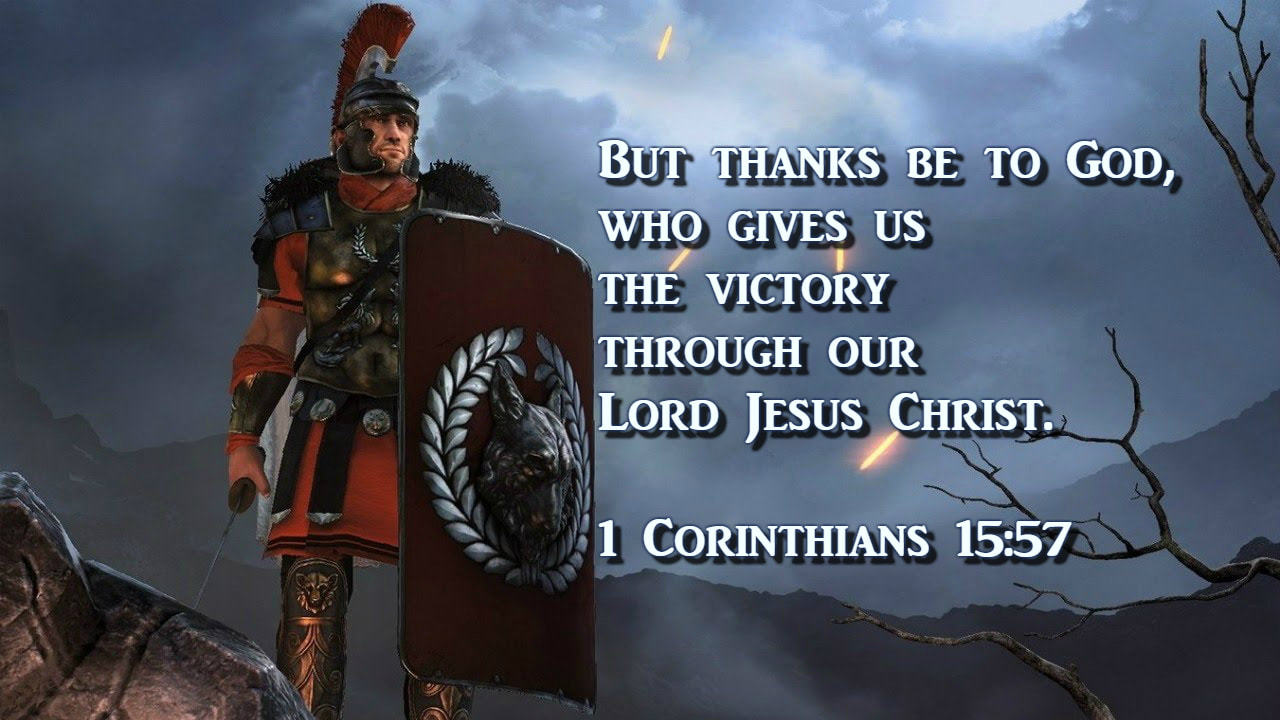
[Listen to an audio version here
When you start to think about the evil that exists in this world, it is easy to despair. The problems are just so big, who can solve them? Think of all the corruption and oppression that occurs around the world. It’s a tangled mess where the most vulnerable are prey. It’s astonishing to see how the strong will prey on the weakest and seek to squeeze all they can out of them.
Our church has dealt with the issue of scams. It’s amazing how creative people can be trying to steal. I have helped people deal with this. However, last week, I was almost victim of one. I actually could have lost some money, but the app didn’t work. The evil in this world is relentless.
The problem is not just out there. The battle against evil is waged in our own hearts. And when we look closely at the situation, we see our own weakness. We know we have been often deceived. We find ourselves in a fog and not able to act correctly. We have fallen into sin again and again and been only a few missteps away from disaster. In the face of the relentless challenge of evil in the world, we need a champion.
And that’s what this text teaches us. We have a champion.
The Battle
In the first three accounts of Jesus’ life, we find that immediately after the baptism of Jesus, the Spirit led Him into the wilderness to be tested. It was the guidance and leadership of the Spirit the brought Jesus to battle. In our own lives, we should recognize that after our baptism, the Spirit will lead us into testing as well. We should not be surprised if the Christian life is a battle. We follow in the steps of Jesus.
The similarity between Jesus and the Christian is not the main point of the text. The main point is the difference between us. Beyond that, it is the difference between Adam and Jesus. Adam was placed in a Garden with an easy test: don’t eat from one tree. Jesus was placed in hard conditions with 40 days of fasting in a very challenging test. The contrast could not be greater.
Just like with Adam, the devil came to tempt Jesus. Remember that beyond the evil of men in this world, there is the devil. We need to see that the evil in this world is not just the cause of humans. It is the work of a malevolent and powerful being that God created but who revolted against God and now seeks to wreck what God has done.
The Father had spoken to Jesus and confirmed that Jesus was the Messiah and the Son of God. He said, “You are my Son, whom I love; with you I am well pleased.” The question in all these temptations was, would Jesus trust the Father and the destiny that the Father had for Him, or would He try to take a shortcut? That was the same issue in the Garden. God had promised Adam a glorious future. All he had to do was trust God and obey Him in a very easy test.
Just like with our first father Adam, the devil tried to sow doubt. He does not say, “turn these stones to bread.” Rather, he says, “If you are the Son of God, tell this stone to become bread” (emphasis mine, Luke 4:3). This was a subtle way of sowing doubt in what the Father had said. It was particularly challenging because Jesus was hungry. Did God really say . . . ? Satan might have said here. Jesus knew exactly how Satan was trying to emphasize the “if” that would bring doubt in God’s Word. He rejected what Satan said and went back to the Word of God in the book of Deuteronomy, “It is written: ‘Man shall not live on bread alone.’” The rest of the verse says that it is on every Word that comes from the mouth of God. Jesus would not need to prove that He was the Son of God. He would rely on the word that came from the mouth of God.

